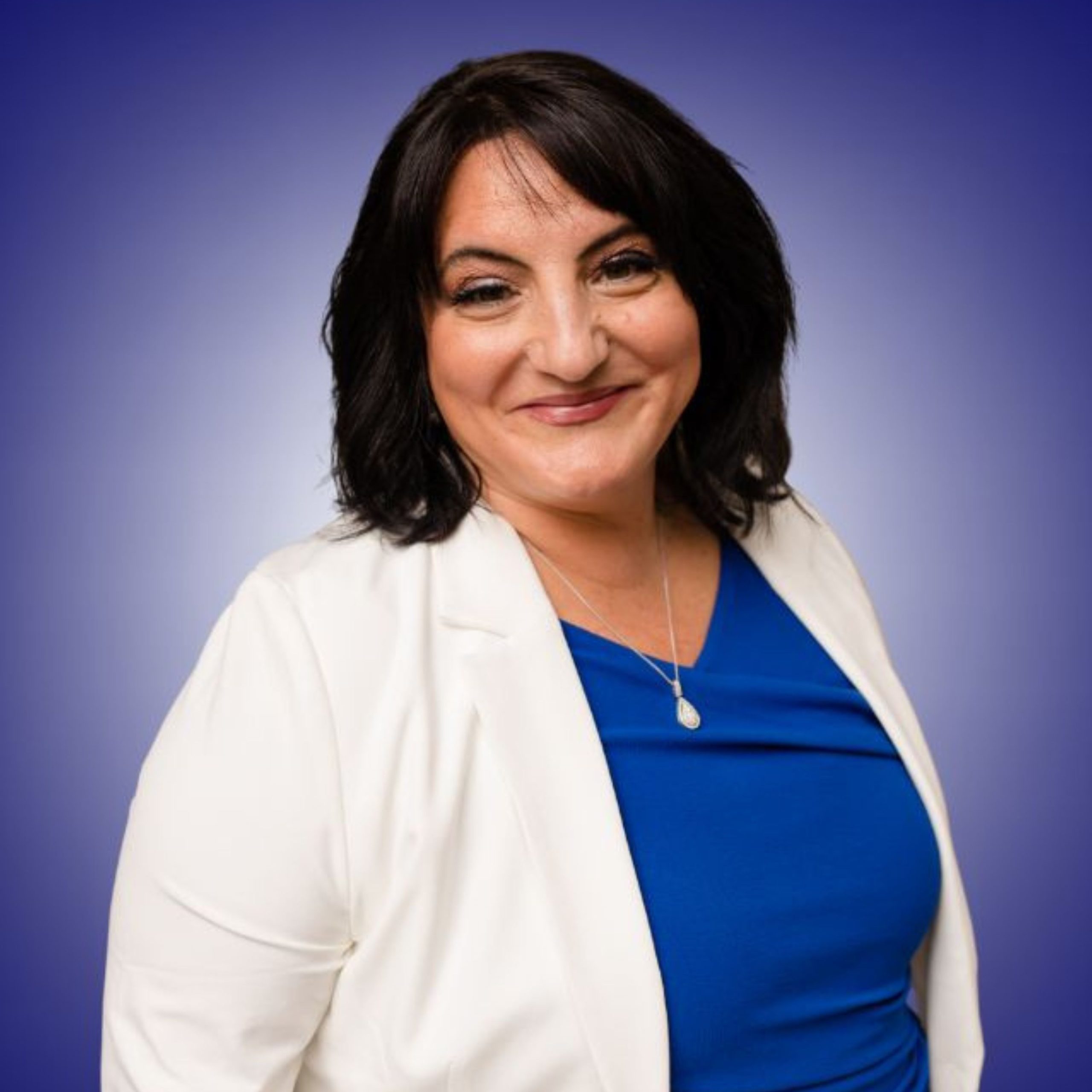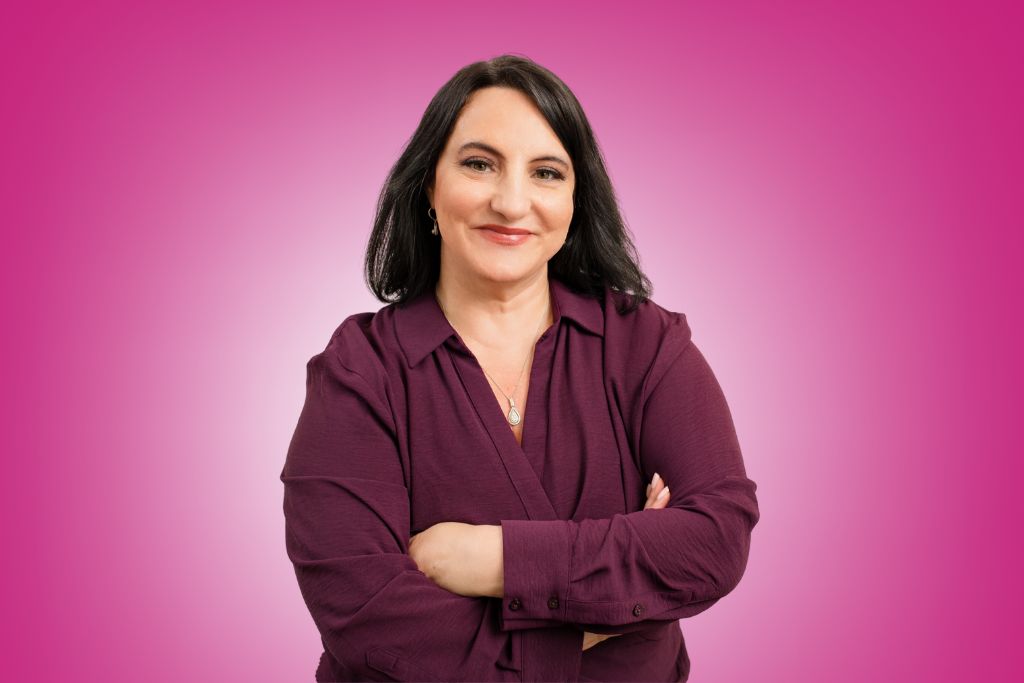Fostering a child’s growth and development requires meeting them where they are at. This approach means understanding and accepting their current emotional, sensory, and developmental needs, rather than imposing external expectations. Moreover, this paves the way for success stories by enabling children to thrive in an environment that respects their unique pace and promotes their individual strengths. In this episode, Hannah shares the inspiring journey of her son, Gabe, who went from struggling to thriving. Their journey is a testament to the power of understanding, acceptance, and targeted support in helping neurodivergent children reach their full potential. Join us as we delve into this transformative story and explore valuable insights for supporting neurodivergent individuals.
Neurodiversity, parenting, and acceptance.
About seven years ago, Hannah sought help for her son, Gabe, and underwent testing and brain support. Through this process, they discovered the importance of meeting Gabe where he was at, which was key to his progress. At present, Gabe is thriving, and his success story is a testament to hope, belief, and the power within both parent and child. The magic lies in the unique bond and understanding between a parent and their child. While strength and seeking help are important, ultimately it is this deep connection that makes the difference. Gabe, who has learning disabilities, ADHD, and is on the autism spectrum, found his passion in cooking. He attended culinary school but realized he preferred hands-on kitchen work over academics. In high school, Gabe landed a job at a local restaurant where a great chef mentored him. This experience led Gabe to the Culinary Institute of America, though he returned to work in the restaurant where he truly thrived. His mentor has guided him to the next level in a prestigious restaurant, where Gabe aims to learn front-of-house skills. This progress is remarkable, considering Gabe’s earlier struggles with social situations and restricted interests. And today, Gabe drives his own car, customized with his earnings, showcasing his unique personality. This story clearly highlights the importance of meeting children where they are and supporting their interests, leading to unexpected and amazing achievements. Hannah’s approach proved to be the key to his success. Instead of forcing Gabe into a conventional path, she allowed him to explore his passions, leading to his remarkable growth and independence. This highlights the importance of personalized support and the need to challenge societal norms that often undervalue neurodivergent abilities. Early intervention, consistent support, and allowing children to find their own paths are indeed essential. Hannah highlighted the balance between love, acceptance, and action in helping children thrive. She also noted the importance of accountability and responsibility in building self-esteem and independence in children.
Parenting, resilience, and self-care.
Neurodivergence shouldn’t be a hindrance to achieving success and living a fulfilling life. Gabe’s story is a testament to this, showing that with the right support and understanding, neurodivergent individuals can thrive. By embracing their unique ways of thinking and being, we can unlock their full potential. Sometimes, following our gut really is the best path forward, especially when supporting neurodivergent individuals. Hannah trusted her instincts and was able to meet Gabe’s unique needs and foster his growth, proving that neurodivergence doesn’t have to be a hindrance to success. Despite challenges with school systems and advocating for support, Hannah stays strong by focusing on positive moments and her son’s unique qualities. She values progress and makes small, consistent efforts to move forward. Her positive mindset and resilience help her deal with challenges and advocate effectively, reflecting her dedication and love as a parent. Amid these efforts, self-care is crucial for Hannah to maintain her strength and positivity. By prioritizing her own well-being, she ensures she has the emotional and physical energy to support her son effectively. Self-care involves taking time to reflect on and celebrate small victories, seeking support from loved ones, and engaging in activities that recharge her spirit. This balance allows her to be a resilient and effective advocate for her son while maintaining her own health and happiness.
Parenting an autistic child with humor and acceptance.
Knowledge is power, and once you understand and embrace the unique qualities of someone, it surely opens up new perspectives. Gabe’s involvement in activities like glassblowing and his vibrant, unconventional personality highlight the importance of accepting and celebrating individuality. Embracing his unique traits, rather than conforming to societal norms, fosters a positive and supportive environment, enhancing personal growth and deepening understanding.
This approach makes parenting and supporting neurodivergent individuals a more enriching and meaningful experience. Parenting an autistic child with humor and acceptance can transform the journey into a more joyful and fulfilling experience. By integrating humor and acceptance, parents create a nurturing environment where their child feels valued and understood, paving the way for genuine connections and personal growth. This approach not only fosters a positive family dynamic but also empowers the child to thrive and celebrate their individuality.
Sensory processing and regulation in autism, with a focus on acceptance and therapy.
Gabe’s sensitivity to sensory input, such as his ability to hear crickets despite surrounding noise, highlights the overwhelming sensory experiences faced by neurodivergent individuals. His unique reactions, like covering his ears or expressing himself through artistic activities, are manifestations of how he processes and manages these sensory stimuli. Sensory overload can lead to behaviors such as avoidance or meltdowns, indicating a dysregulated nervous system.
Recognizing and accepting sensory needs is crucial for well-being, as it provides insight into one’s experiences and informs effective support strategies. Embracing sensory sensitivities and unconventional behaviors fosters a more compassionate and supportive approach to addressing these needs. Through targeted interventions and supportive parenting, Gabe has developed strategies to manage his sensory experiences.
Therapy, artistic expression, and acceptance of his unique ways of processing the world have been pivotal in his growth. The ability to communicate his needs, such as requesting space when feeling overwhelmed, marks a significant development in his self-regulation. This process underscores the importance of focusing on a child’s individual strengths and moments of joy as a foundation for their development. For parents navigating similar journeys, recognizing and supporting their child’s unique sensory needs can lead to transformative positive changes, fostering a deeper connection and understanding.
Neurodiversity, acceptance, and parenting.
Neurofeedback, together with other interventions, proved to be effective in helping in the management of distress and resetting the nervous system. Despite starting from a place of high distress, this intensive therapy facilitated significant improvements in Gabe’s emotional regulation and ability to form friendships. The comprehensive approach not only addressed his sensory needs but also provided emotional relief, contributing to his overall well-being and personal growth. This experience highlights the importance of moving beyond a diagnosis to understand and support a child’s unique traits and needs.
For parents, focusing on their child’s strengths and connecting with supportive networks can be crucial. Embracing a holistic, forward-moving approach rather than getting stuck in the limitations of a diagnosis fosters meaningful progress. Gabe’s journey demonstrates how humor, acceptance, and targeted support can lead to profound improvements and a deeper understanding of neurodiversity.
Links and Resources:
➡️ Join our FREE Natural Parenting Community to receive science-backed resources for your child and family. Join here.
➡️ Get help from Dr. Roseann and her team. Apply here.
➡️ “Is it ADHD or something else?” Take the quiz.












